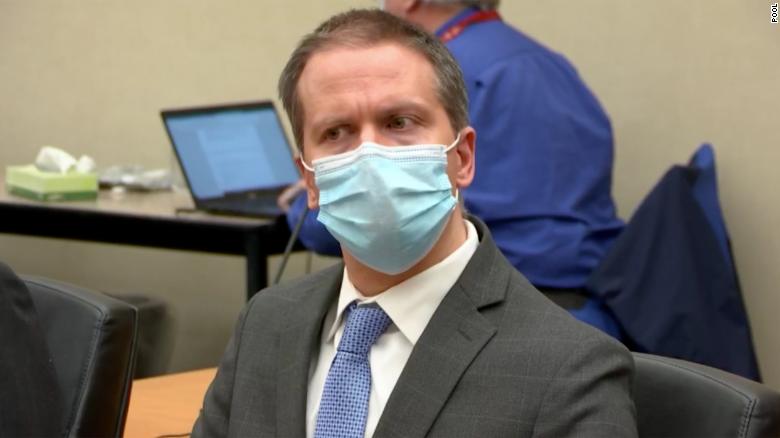
Derek Chauvin Requests Overturned Murder Conviction In George Floyd Case
Derek Chauvin is asking a judge to overturn his 2020 murder conviction of George Floyd, CNN reports.
According to an 82-page filing, the former Minneapolis police officer’s attorney, William F. Mohrman, has listed several aspects of the case and trial that he alleges were “structurally defective.” Among those aspects listed is the pre-trial publicity and protests in front of the court house.
Mohrman also says the city’s announcement of a $27 million judgment during jury selection that will be paid to Floyd’s family also posed a problem for Chauvin.
The filing is asking the appeals court to review if a different venue should’ve been selected and the jury fully sequestered. They’re also asking if the trial should’ve been delayed because of media coverage and the protests.
Tennessee educators could lose their teaching license if they teach about race and schools could be fined up to $1 million for the same offense.
The appeal also accused prosecutors of misconduct and withholding discovery that prevented the defense from preparing properly.
Ultimately, the appeal is seeking to have his conviction overturned or a new trial in a new venue. Mohrman insists that court proceedings were “so pervaded by error, misconduct and prejudice that they were structurally defective.”
The appeal also states if the 22.5-year conviction is upheld, Chauvin should receive a sentencing within guidelines ranging from 10 years and eight months to 15 years.
Derek Chauvin Sentencing’
On 25th June, 2020, A Minnesota judge sentenced Derek Chauvin to 22 1/2 years in prison for the murder of George Floyd — a punishment that exceeds the state’s minimum guidelines but falls short of prosecutors’ request of a 30-year sentence.
As he issued the sentence, Hennepin County Judge Peter Cahill said Chauvin will be credited for the 199 days he has already served.
The sentence “is one of the longest a former police officer has ever received for an unlawful use of deadly force,” Minnesota Attorney General Keith Ellison said, calling it a “moment of real accountability.”

